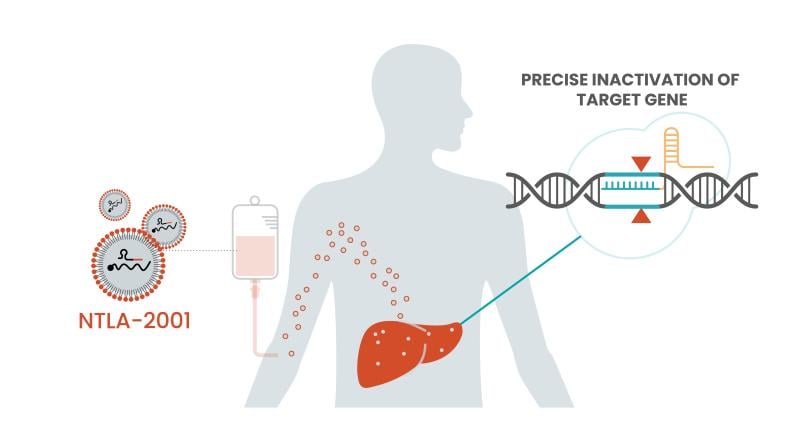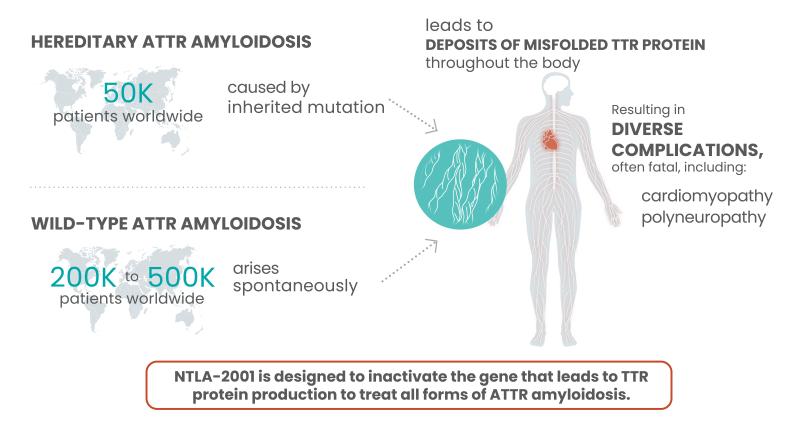by David Lasseter via RealClear Defense,
Back in early 2020, when COVID-19 was spreading around the globe and public health professionals were struggling to make sense of the virus, the Russians, like the Chinese, were conducting information operations blaming America for the outbreak. The Russian Federation went so far as to suggest that the Richard Lugar National Center for Disease Control and Public Health in Tbilisi, Georgia, was producing biological weapons and could be responsible for releasing deadly agents, i.e., COVID-19, into former Soviet states.
At the time, I was the Deputy Assistant Secretary of Defense for Countering Weapons of Mass Destruction (WMD). My Office and our colleagues at the Defense Threat Reduction Agency answered these Russian lies with facts. The Georgian and U.S. governments and public health professionals pushed back on these false and dangerous stories. The truth is that these labs are part of the Department of Defense Cooperative Threat Reduction (CTR) Program which works with international partners to mitigate WMD-related threats to the U.S. homeland, U.S. forces abroad, and U.S. partners and allies. We do this in over 30 countries worldwide because these labs improve the respective countries’ ability to detect, diagnose, and report the spread of especially dangerous pathogens.
But this is what President Putin does – make irresponsible accusations and conduct disinformation campaigns. For years now, Putin’s government has falsely claimed that the CTR labs, specifically the Lugar Center, manufacture biological agents for the United States military. This is not true.
In response to the COVID-19 mistruths, officials at the Lugar Center invited the Russian government to visit the facility. Russia demanded that if they visited, no other international governments or organizations be present. That counteroffer was refused since the Georgians knew it would enable Russia to proliferate obscene amounts of disinformation after an unsupervised visit. It would be an opportunity for Putin to manipulate the Georgian government and any gullible international press.
COVID-19 origin facts aside, Russian government officials reiterated this propaganda in May 2021, stating that “deadly microorganisms” could be released from U.S. sponsored facilities in the region. Then again, earlier this month, through state-owned media, Russia claimed Tbilisi could use the Lugar Center’s research of infectious diseases for bioterrorism in the region.
In a joint Russia-Chinese statement following a February 4, 2022, meeting between Putin and Chinese President Xi Jinping, Russia claims the U.S. supported labs in Ukraine contain deadly bioweapons saying: “The sides emphasize that domestic and foreign bioweapons activities by the United States and its allies raise serious concerns and questions for the international community regarding their compliance with the BWC [Biological Weapons Convention].”
In a couple of months, the U.S. Department of State will release its annual WMD nonproliferation compliance report. This year’s report is unlikely to differ from the findings in recent iterations, including last year’s report. Namely, regarding chemical weapons, “the United States certifies that Russia is in non-compliance with the Chemical Weapons Convention (CWC)” and with respect to biological weapons, the “United States assesses that Russia maintains an offensive BW program and is in violation of its obligations under Articles I and II of the Biological Weapons Convention (BWC).” What’s more, the Russian Federation’s blatant disregard for international law and associated norms concerning its nuclear program speaks for itself. While the use of nuclear weapons would have the most devastating and world-altering impact, it is an unlikely course of action at this time.
However, it is Putin's potential use of chemical and biological weapons that we should more fully appreciate. As we know, in 2018, former Russian spy Sergei Skripal and his daughter Yulia were attacked with a previously unknown chemical agent, Novichok, in Salisbury, England. Then, in 2020, yet another unlawful attack via Novichok chemical agent occurred against Putin's political rival, Alexei Navalny. Both attacks were violations of the CWC and reprehensible acts by a government. Additionally, and possibly the most egregious actions by the Russian Federation were those promulgated by the Syrian regime and likely known and condoned by Putin that resulted in asphyxiation, disfigurement, and even death of hundreds of innocent children, women, and men.
We should learn from the deaths of innocent people and view these previous attacks as test cases. We do not need to query whether they would use them. They have, and they will again. In the Salisbury attack, the world reacted quickly in condemning the action once the forensics were complete; however, the formal penalties or sanctions exacted by the world's powers were rather ineffectual. A mere two and a half years later, Putin ordered another attack on a political rival. While the world recognized the signs of yet another attack, the reaction did little to adjust Putin's use calculus by way of sanctions and diplomatic actions. With Syria, the world has not held Assad to account and has done absolutely nothing to punish the Russian Federation for their support and complicity.
So, with Ukraine, we have a country Putin believes should rightly exist within Russia's sphere of influence if not absolute control. A country with western fealty and NATO ambitions, he wants control and appears willing to garner it at the cost of war. We have already seen Russian officials and state supported media implicate CTR supported labs in Ukraine in any future biological warfare incidents. Recently, Secretary of State Anthony Blinken informed the world that Russia might execute a false flag chemical weapons attack in advance of a Ukraine invasion. While illegal and potentially very deadly, we shouldn't think he would stop there.
Throughout this Russian buildup, the Administration has chosen to selectively release intelligence through its own information operations. While many question the righteousness of doing so, it is the President's prerogative. One nugget recently released is the existence of a Russian “kill list” of Ukrainians following military occupation. If true, these could be prime targets for WMD in the form of biological and chemical weapons.
At this stage, all we can do is speculate based on historical knowledge, known capabilities, and the mindset of a malevolent, authoritarian leader. But the events in Salisbury and Syria, the disinformation operations related to legitimate threat reduction laboratories in former Soviet states, and the assessments provided in the State Department’s annual assessment of WMD programs tell us that Mr. Putin has means, motive, and opportunity. Let's hope and pray he does not use these horrific weapons, but we shouldn’t be surprised when he does.
* * *
David F. Lasseter is the former Deputy Assistant Secretary of Defense for Countering Weapons of Mass Destruction. He is the Founding Partner at Horizons Global Solutions as well as a Visiting Fellow at the National Security Institute.
https://www.zerohedge.com/geopolitical/putins-disinformation-opportunity-weapons-mass-destruction


